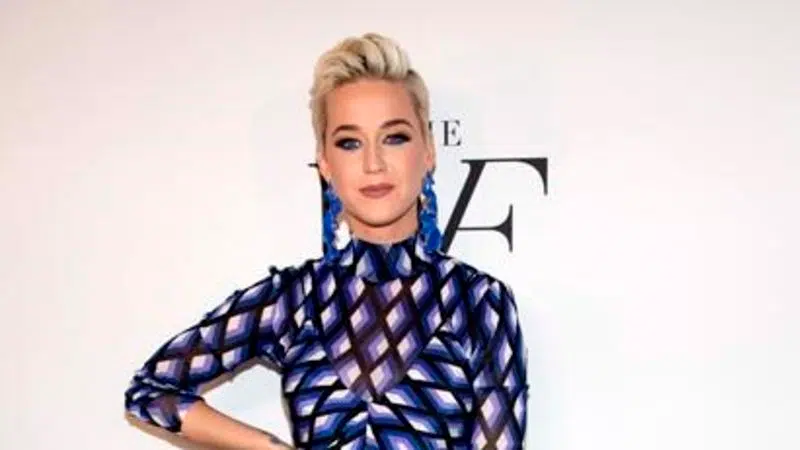
Jury: Katy Perry’s ‘Dark Horse’ copied Christian rap song
LOS ANGELES — A jury on Monday found that Katy Perry’s 2013 hit “Dark Horse” improperly copied a 2009 Christian rap song in a unanimous decision that represented a rare takedown of a pop superstar and her elite producer by a relatively unknown artist.
The verdict by a nine-member federal jury in a Los Angeles courtroom came five years after Marcus Gray and two co-authors, first sued in 2014 alleging “Dark Horse” stole from “Joyful Noise,” a song Gray released under the stage name Flame.
The case now goes to a penalty phase, where the jury will decide how much Perry and other defendants owe for copyright infringement.
Questions from the jury during their two full days of deliberations had suggested that they might find only some of the defendants liable for copyright infringement. The case focused on the notes and beats of the song, not its lyrics or recording, and the questions suggested that Perry might be off the hook.


